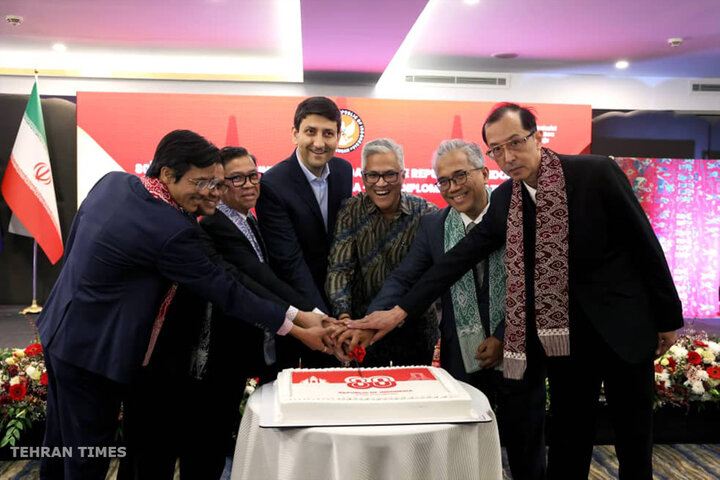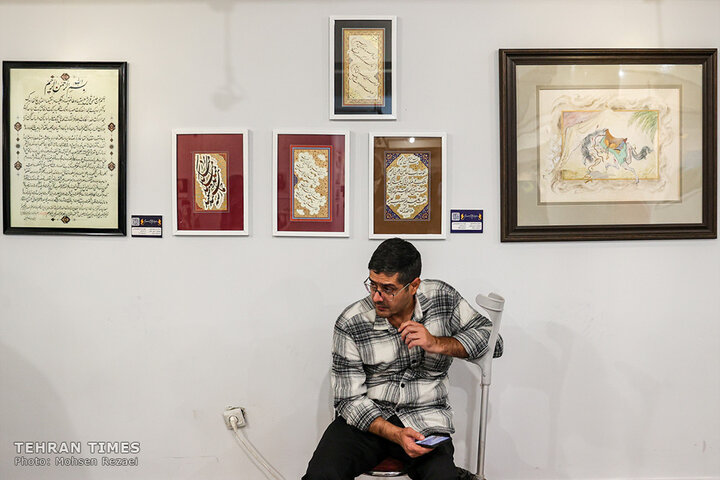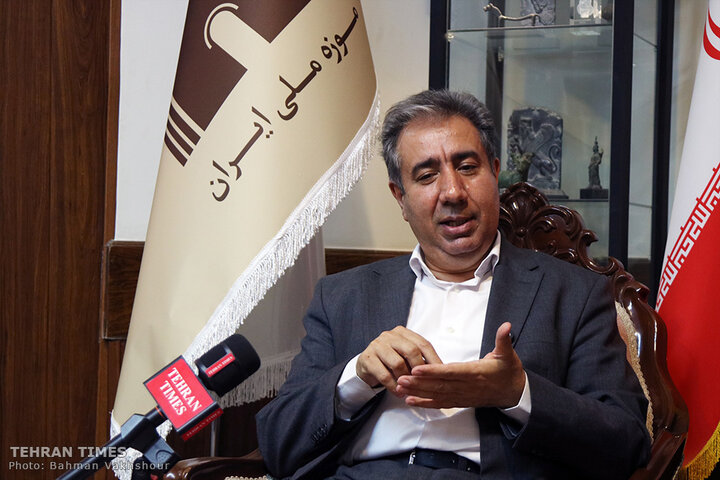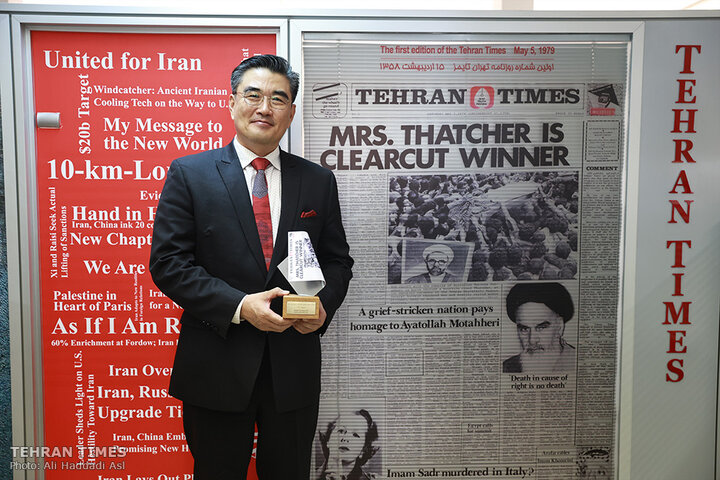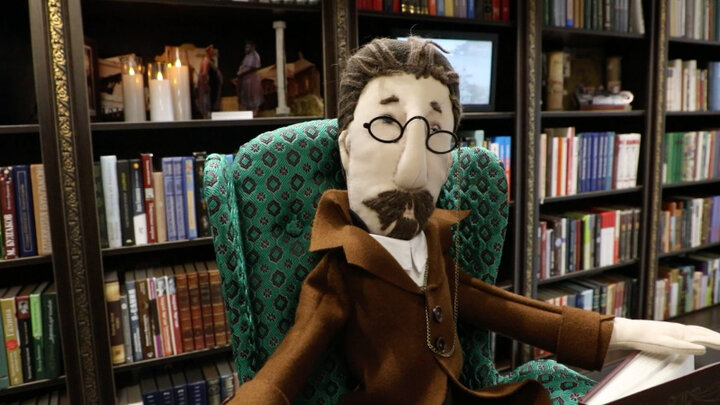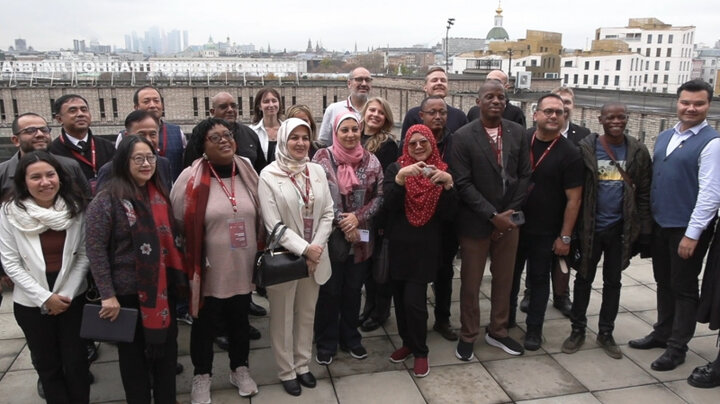-
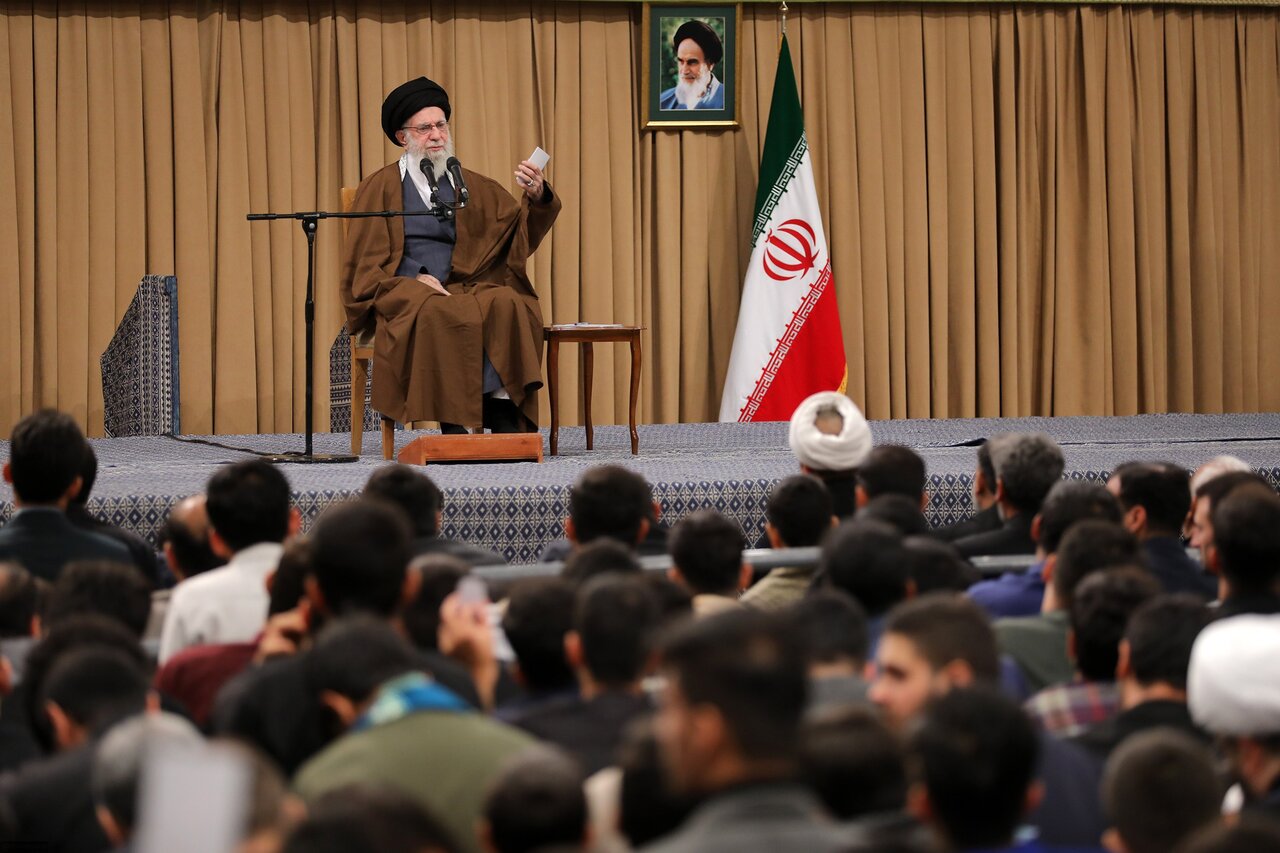 2025-11-03 21:15
2025-11-03 21:15
Ayatollah Khamenei: Iran-US conflict a deep-seated clash of interests
TEHRAN – Leader of the Islamic Revolution Ayatollah Seyyed Ali Khamenei addressed the prospect of Iran-US normalization on Monday, saying the two countries represent two different currents, and that Washington must take several necessary steps before it can establish ties with Iran.
-
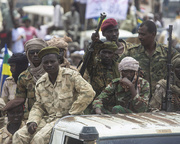
By Shahrokh Saei
From Gaza to Darfur: Mossad’s strategic footprint in Sudan’s genocide
TEHRAN – As the Rapid Support Forces (RSF) consolidate control over western Sudan with the fall of el-Fasher, the capital of North Darfur, questions are growing about the involvement of foreign actors—particularly Israel and the United States—in shaping the trajectory of the country’s civil war.
-
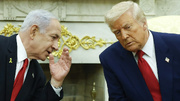
By Wesam Bahrani
Israel, U.S. fabricating a plot to justify attack on Iraq
TEHRAN – The American and Israeli regimes fabricate an Iraqi threat to justify aggression and destabilize regional stability.
-
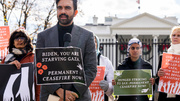
By Garsha Vazirian
Gaza’s shadow over NYC: How a mayoral race turned into a moral referendum
Calling genocide by its name, Zohran Mamdani forced a reckoning and unleashed a fierce counterattack
TEHRAN – Zohran Kwame Mamdani, the Ugandan-Indian son of a postcolonial scholar who was born in Uganda, has done something the pundit class assumed impossible: his campaign dragged the once-distant politics of Gaza into the center of a New York mayoral election and forced voters to decide whether American power remains accountable.
-
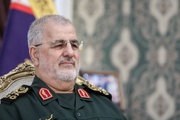
Iran's military ready for stronger response to aggression, says IRGC chief
TEHRAN – On Monday, the Islamic Revolution Guards Corps (IRGC) chief commander informed Iranian lawmakers that the country’s armed forces now possess superior defensive and offensive capabilities compared to those during the 12-day war fought against Israel and the United States in June.
-
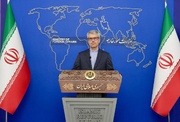
What Iran’s foreign ministry spokesman said at his weekly briefing
TEHRAN – In his weekly press conference on Monday, Iranian Foreign Ministry Spokesman Esmaeil Baqaei addressed a broad range of domestic, regional, and international issues — from the ongoing genocide in Gaza and U.S. interference in regional affairs to Iran’s nuclear policy, water rights, and relations with neighboring and allied countries.
Politics
-
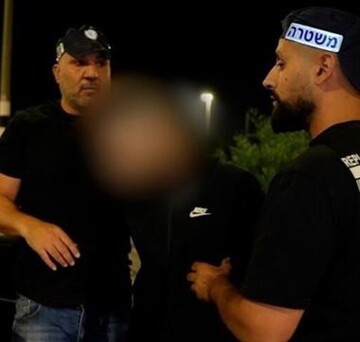
Another alleged Iranian spy arrested in Israel
TEHRAN – Israeli media report that a 23-year-old Israeli citizen, of Tubariya, has been apprehended on charges of spying for Iran in exchange for money.
-
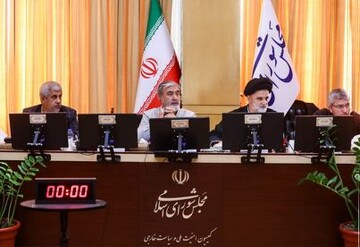
Iranian MPs approve provisions to counter infiltration of foreign spy services
TEHRAN – The National Security and Foreign Policy Committee of Iranian Parliament has approved some provisions of a motion on countering the infiltration of enemies.
-
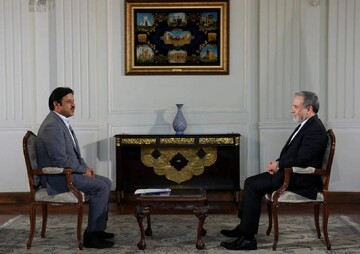
‘Same results for Israel— only worse’, Iran FM cites greater readiness than 12-day war
TEHRAN – Iran is fully prepared to defend itself against any aggression, Foreign Minister Abbas Araghchi said in an exclusive interview with Al Jazeera published on Sunday, asserting that the country’s military, intelligence, and missile capabilities are stronger and more coordinated than ever.
Sports
-
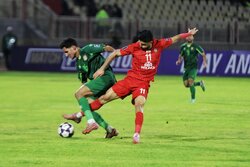
Tractor edge Al Shorta at 2025/26 ACL Elite
TEHRAN - Tractor football club secured a second successive win in the AFC Champions League Elite 2025/26 after registering an edgy 1-0 victory against Al Shorta at the Yadegar-e-Imam Stadium on Monday.
-

The Spike of Silence: From power to prayer, the heartrending story of Kazemi
TEHRAN - One of Iran’s brightest volleyball stars, Saber Kazemi, went from lighting up arenas with his spikes to lying in a hospital room, fighting for life. His story is a haunting reminder of the human fragility behind the glory of sport.
-
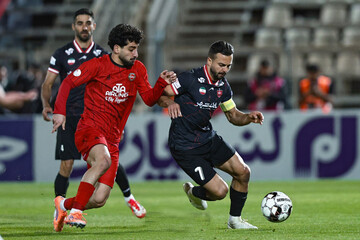
Persepolis to face Tractor at 2025/26 Hazfi Cup Round of 32
TEHRAN – Tractor football team will host Persepolis at Round of 32 of the 2025/26 Iran’s Hazfi Cup.
Culture
-
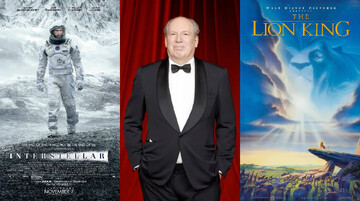
Hans Zimmer film concert to be held in Tehran
TEHRAN – The film concert of Hans Zimmer’s musical works will be held at the Espinas Palace Hotel in Tehran on November 15 and 18.
-
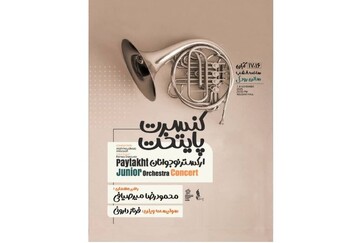
Paytakht Junior Orchestra to showcase classical masterpieces at Roudaki Hall
TEHRAN- The Paytakht Junior Orchestra, under the guest conduction of Mahmoudreza Mirsayafi, will perform at Roudaki Hall in Tehran on November 7 and 8.
-
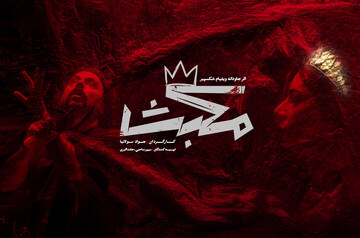
Shakespeare’s “Macbeth” on stage at Tehran theater
TEHRAN- Iranian director Javad Molania is staging an adaptation of William Shakespeare’s masterpiece “Macbeth” at Tehran Pardis Theater Complex.
Economy
-
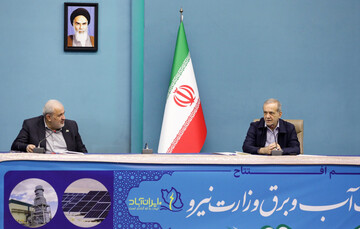
Pezeshkian inaugurates 4 key water, power projects across Iran
TEHRAN – President Masoud Pezeshkian on Monday inaugurated four major water and power projects nationwide via video conference, marking a new step in expanding Iran’s renewable energy capacity and improving water infrastructure.
-
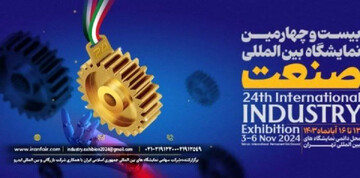
Tehran hosting 25th intl. Industry Exhibition
TEHRAN – The 25th International Industry Exhibition has opened at Tehran’s Permanent International Fair Grounds, bringing together more than 300 Iranian and foreign companies to showcase the latest industrial technologies, equipment, and engineering solutions.
-
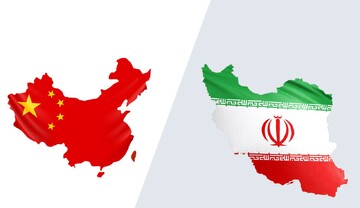
Iran, China stress creation of joint cooperative committee to boost economic ties
TEHRAN – Iran and China have agreed to form a joint cooperative committee to enhance collaboration in key economic sectors, including agriculture, mining, petrochemicals, and joint investment, officials from both sides said during a meeting in Tehran.
Society
-

Tehran to host Iran Smart City Exhibition and Conference
TEHRAN – The sixth Iran Smart City Exhibition and Conference will kick off tomorrow in Tehran and will wrap up on Friday.
-
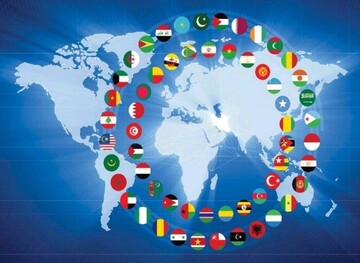
Iran secures first place among Islamic nations in Leiden ranking
TEHRAN – The 2025 Leiden University ranking system has included 48 Iranian universities among the top 1,594 universities worldwide, up from 46 in 2024, ranking the country first among Islamic nations in terms of the number of universities for the second consecutive year.
-
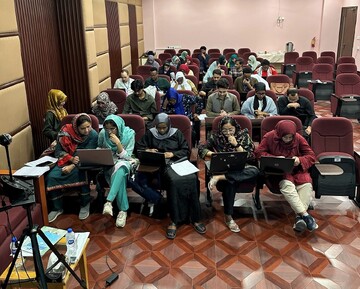
Pasteur Institute of Iran holds intl. pandemic preparedness course in Pakistan
TEHRAN – The Pasteur Institute of Iran has organized a week-long international training course in Pakistan to enhance the pandemic preparedness capacity in addressing future health threats.
Tourism
-

Golestan Palace: centuries-old canal to be restored to revive Persian garden layout
TEHRAN – Restoration work on a historical water canal at Tehran’s UNESCO-listed Golestan Palace is set to begin after 13 years, as part of efforts to revive the traditional geometry of the Persian garden.
-
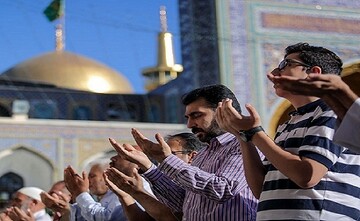
UNESCO recognizes Eid al-Fitr, Eid al-Adha
TEHRAN--The United Nations Educational, Scientific and Cultural Organization (UNESCO) has recognized the two major Islamic holidays of Eid al-Fitr and Eid al-Adha at the 43rd session of UNESCO General Conference in Samarkand.
-
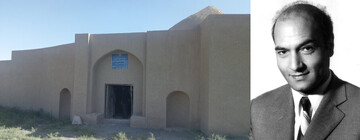
House of late Dr. Shariati even highlights Davarzan’s history and culture, governor says
TEHRAN – The house of the late Dr. Ali Shariati, the 20th-century Iranian revolutionary and sociologist renowned for his work on the sociology of religion, holds significance beyond being a historical monument, the governor of Davarzan has said.
International
-

From Gaza to Darfur: Mossad’s strategic footprint in Sudan’s genocide
TEHRAN – As the Rapid Support Forces (RSF) consolidate control over western Sudan with the fall of el-Fasher, the capital of North Darfur, questions are growing about the involvement of foreign actors—particularly Israel and the United States—in shaping the trajectory of the country’s civil war.
-

Israel, U.S. fabricating a plot to justify attack on Iraq
TEHRAN – The American and Israeli regimes fabricate an Iraqi threat to justify aggression and destabilize regional stability.
-

Gaza’s shadow over NYC: How a mayoral race turned into a moral referendum
TEHRAN – Zohran Kwame Mamdani, the Ugandan-Indian son of a postcolonial scholar who was born in Uganda, has done something the pundit class assumed impossible: his campaign dragged the once-distant politics of Gaza into the center of a New York mayoral election and forced voters to decide whether American power remains accountable.
Video Comment
-
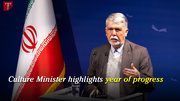
Culture minister highlights year of progress in arts, global image enhancement
-
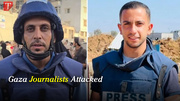
Gazan Journalists attacked by Israel
-
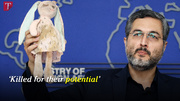
Brother of Iranian scientist murdered in Israeli strike speaks out
-
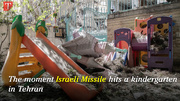
Footage shows Israel hit a kindergarten in Tehran
-
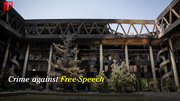
Delegates and ambassadors from 28 countries visited the IRIB building
Most Viewed
-
Russian FM says no limits for military cooperation with Iran
-
‘We will rebuild our nuclear sites,’ Pezeshkian says after meeting nuclear officials
-
Holy hostility: How Trump weaponizes religion to threaten Nigeria
-
Iran intensifies diplomatic efforts to free national detained in Turkey
-
Two volunteer security forces martyred in terrorist attack in SE Iran
-
At the heart of regional architecture, Iran is inevitable
-
From Gaza to Darfur: Mossad’s strategic footprint in Sudan’s genocide
-
Thomas Barrack’s ‘failed state’ narrative masks Washington’s missteps
-
Alborz, Russia sign industrial co-op deal to boost exports, technology transfer
-
Israel, U.S. fabricating a plot to justify attack on Iraq
-
Iran, Pakistan discuss ways to strengthen trade, economic co-op
-
India’s embassy in Tehran marks Diwali with cultural celebration
-
Iran explores avenues to foster sci-tech ties with Pakistan, Nigeria
-
Trump trying to be president of his fans: American sociologist
-
Ayatollah Khamenei: Iran-US conflict a deep-seated clash of interests
